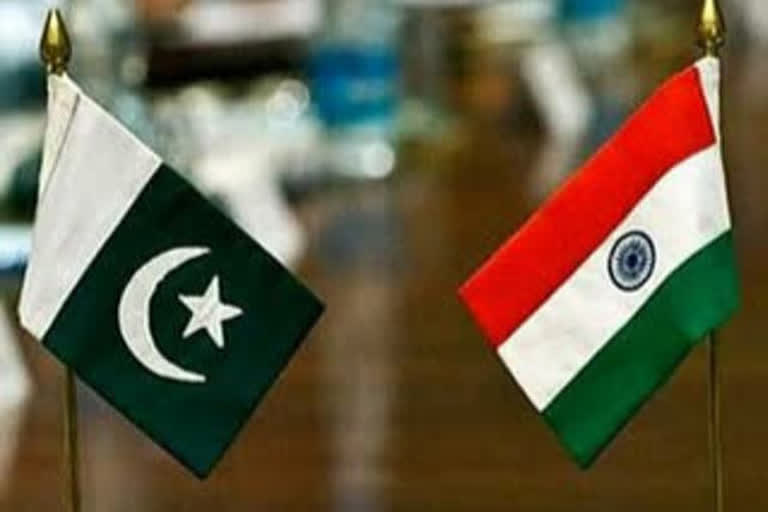Hyderabad: The Permanent Commission on Indus Waters of India and Pakistan are meeting to discuss and deliberate on disputes over water sharing and lawful distribution which they had agreed to each other through a treaty in 1960. A delegation in this regard is reaching New Delhi on Tuesday to discuss many contentious issues-particularly Hydro projects constructed on the Chenab river in Jammu and Kashmir.
The commission has last met in Lahore in 2018, which otherwise is supposed to meet at least once a year. Because of the hostilities between India and Pakistan, particularly, after the abrogation of article 370 and subsequent violent incidents along the Line of Control the meetings could not be held. It is seemingly the backchannel diplomacy that has broken the ice and has brought both nations to the table. As a result of which the renewed ceasefire agreement was signed a month ago.
Other agreements like the Indus Water Treaty signed by India and Pakistan in 1960 for fair distribution and sharing of river waters originating from either side of the border flowing into one another’s territory are also going to be discussed to end disputes. Before the treaty was signed it was the standstill agreement of 1948 which would regulate the sharing and distribution of waters between the divided nations.
READ:Will the renewed ceasefire between India and Pakistan last long?
The six rivers that come under the treaty are Indus, Jehlum, Chenab, Ravi, Sutlej and Beas. Pakistan, according to the treaty, enjoys complete rights over the western rivers-Jehlum, Chenab and Indus- originating from the Indian side flowing into Pakistan and similarly, India has no mandate to deprive Pakistan of its rights over the waters by constructing dams for the storage of water.
India as per the treaty has complete control over the rest of the three rivers- Ravi, Beas and Sutlej for its use. Though, river Indus originates from the Tibet plateau of China and but Beijing has been kept out of the treaty while the World Bank is one of the signatories of the agreement together with India and Pakistan. The role of the World Bank is of an arbitrator and will not fund or support any project which violates the framework of IWT. It was, actually, the World Bank which facilitated the two countries in signing the treaty.
The Indus, Chenab and Jehlum are the three main rivers that play an important role for Pakistan in its economy and are like a lifeline for them. Their agro-economy is mainly dependent on these rivers. Chenab and Jehlum flow through Jammu and Kashmir enter into Pakistan via the ceasefire line also known as Line of Control is silent these days after the renewed ceasefire agreement between India and Pakistan was signed.
READ:Why India-Pak 'surprise' ceasefire pact was no surprise
The Pakistan Permanent Commission on the Indus waters led by Syed Mehr Ali Shah and his counterpart Mr P.K. Saxena will have a team of experts from Meteorological, Irrigation and other related departments to deliberate primarily on disputes like Baghlihar, Pakal Dul hydro projects of Chenab river in Jammu and Kashmir. Both the hydro projects are constructed on the Chenab river in two adjoining districts- Doda and Kishtwar- of the Jammu region.
